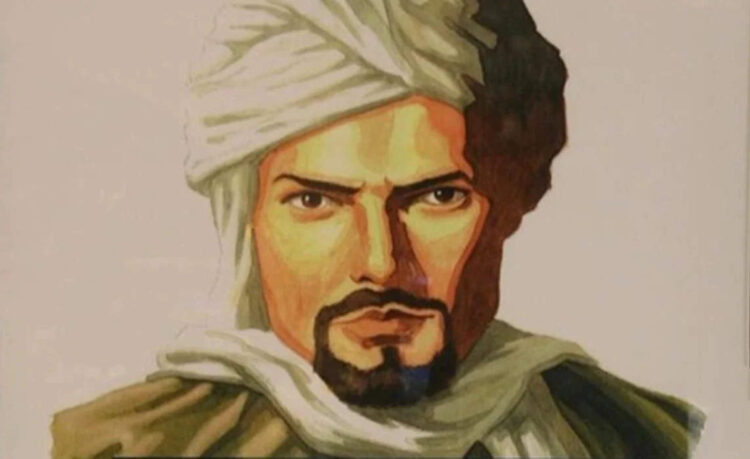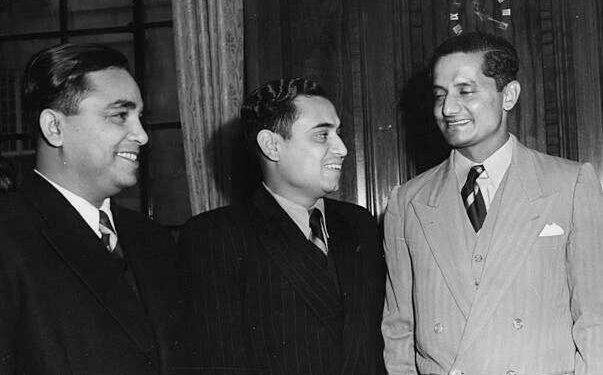History News Desk !!! Ibn Batuta was a scholar African traveler, born on 24 February 1304 AD in the famous city of Tanjier, Morocco, North Africa. The business of its ancestors belonged to Kazis. Ibn Battuta was a big Dharmanuragi from the beginning.
Introduction
Ibn Batuta was a Arab passenger, scholar and writer. 14 Rajab, 703 H. in the famous city of Tanjier in Morocco region of North Africa. (24 February, 1304 AD) was born. Its full name was Muhammad bin Abdullah Ibn Batuta. Ibn Batuta was a big Dharmanuragi from the beginning. He had a great desire to visit Maize (Haj) and to see famous Muslims. In order to fulfill this aspiration, he went out to travel at the age of only 21 years. While walking, he never thought that he would get an opportunity to travel to such a long country. Traveling to pilgrimage places like maize etc. is an essential duty of every Muslim. Due to this, hundreds of Muslims used to come to Mecca from different countries. Many institutions were born in the Muslim world at that time to make the long journeys of these travelers accessible and all of them used to get all kinds of facilities and their tourism became very interesting and enjoyable.
Due to these institutions, Haji, a poor from the poor, was also able to come from far and wide countries and perform Haj. Ibn Batuta has repeatedly praised these institutions. He is very grateful to him. The best among them was the organization by which complete arrangements were made from every place for every kind of convenience of the biggest passenger parties and their safety was also arranged in the route. In every village and city, Khankah (monasteries) and saris were for their stay, food etc. Religious leaders had special welcome. Sheikh, Qazi etc. used to do special hospitality everywhere. This institution of theory of theory of Islam was a vivid example. Due to this, the Muslims of the country and country could take long and very comfortable trips. The second facility was from the medieval Muslims that the entire trade of Africa and Indian oceans was in the hands of Arab dealers. These merchants also respected Muslim passengers equally.
Viscus
Ibn Batuta reached Mecca with a caravan being Damascus and Palestine. During the days of the journey, he met two sadhus who described him with the pleasure beauty of the journey of eastern countries. At the same time, he resolved to travel to those countries. From maize, Ibnbatuta, Iraq, Iran, Mosul, etc., returned to the maize again in 1329 (729 H) and stayed there for three years and stayed in the study and Bhagavadbhakti. Later he started the journey again and went to Mecca for the third time from the port Hurmuz of South Arabia, East Africa and Persia. From there, he came to India via the route to Afghanistan via cream, Khiva, Bukhara. On reaching India, Ibn Batuta became very glorious and prosperous.
India entry
Ibnbatuta came to India in 1333 AD during the reign of Sultan Muhammad Tughlaq. Entering from the northwest gate of India, Ibn Batuta reached Delhi directly, where Tughlaq Sultan Muhammad welcomed him and appointed him as Qazi of the capital. Staying for this post for seven years, in which he got an opportunity to see the Sultan very closely, Ibn Batuta saw and heard every incident very carefully. In 1342, Muhammad Tughlaq sent him to the King of China as his ambassador, but a few days after departing from Delhi, he fell into a big disaster and saved his life with great difficulty and endured many objections. In such a situation, going to China, considering the path of Sagar, he went out to travel from the terrain and reached China roaming in Lanka, Bengal etc. But perhaps he did not go to the court of Mongol Khan. He then visited Muslim places in West Asia, North Africa and Spain and finally Timbat etc. He returned to Morocco’s capital ‘Phase’ in early 1354.
Great passenger
Ibn Batuta was the greatest of Muslim passengers. It was estimated to travel around 75,000 miles. Hardly any other traveler of that era has done such a long tour. After returning to ‘Phase’, he narrated his tour to Sultan. Its description is reliable even if he is full of excesses. According to the order of the Sultan, his secretary Muhammad Ibn Jujaiy wrote him. Ibn Batuta’s rest of his life was spent in his country. Ibn Battuta’s tourist was named ‘Tuhfatal Najar Fi Garayab Al Amsar and Ajayab Al Afsar’. A copy of this is safe in the National Library of Paris. Its journey gives extremely useful material of the then Indian history.[1] The reasons for which Ibn Batuta ordered the reasons to take the capital from Delhi to Daulatabad and the manner in which Delhi was completely emptied can be presented as an example.
Death
Ibn Batuta died in 1377 (779 H).






